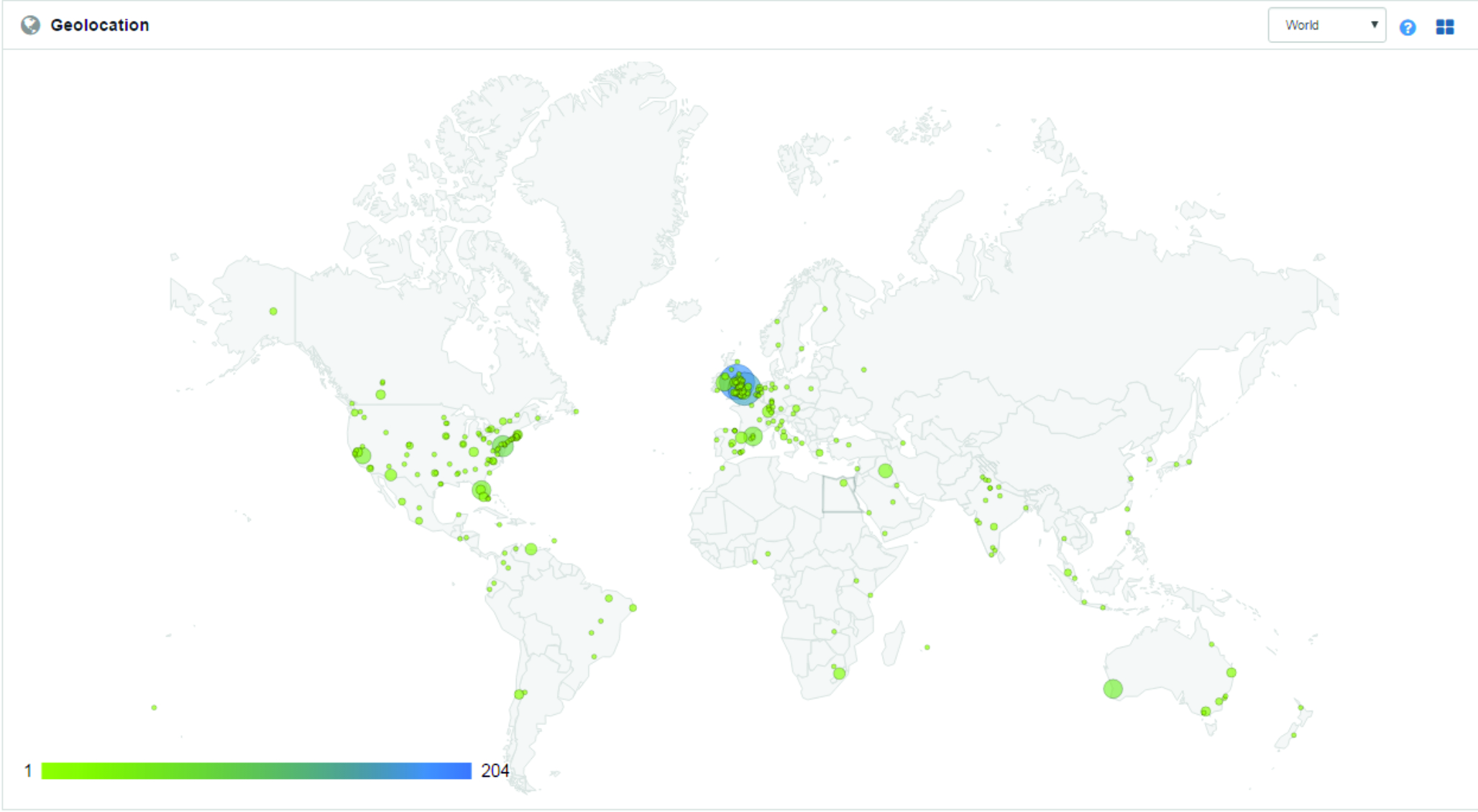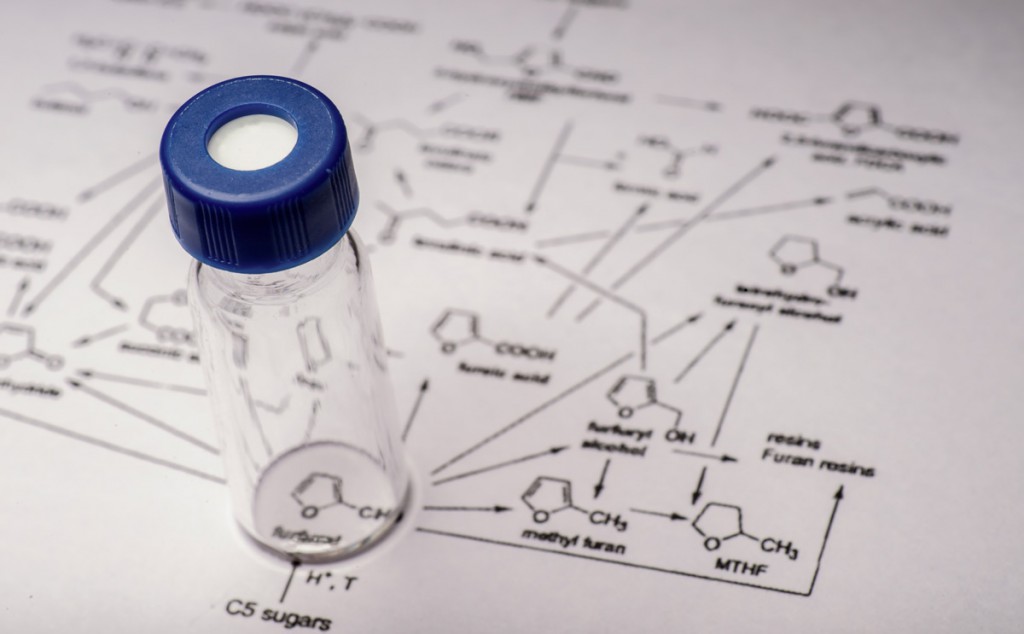We are delighted to announce the winners of the RSC Twitter Poster Conference 2017 (#RSCPoster).
The Royal Society of Chemistry Twitter Poster Conference is an online event held entirely over Twitter to bring members of the scientific research community together to share their research, network and engage in scientific debate.
Building upon the success of the previous two Analytical Science Twitter Poster Conferences, the 2017 poster conference encompassed all areas of the chemical sciences. The conference reached the scientific research community around the world, achieving 1,650 contributors, 6,473 tweets, an audience of 2,770,749 and 11,841,519 total impressions.
You can find out all the details about the conference here.
The following winners have been awarded prizes for the nine subject categories-
Analytical – #RSCAnal
1st Prize
Matthew Healey, Loughborough University, Detecting Prion Diseases Using Aptamers and Tunable Resistive Pulse Sensing
2nd Prize
Laena D’Alton, La Trobe University, 3D-printed optical sensor chip for cell and particle analysis and Modified chitosan as an alternative to paper in paper-based sensing
3rd Prize
Sarah Hampson, Loughborough University, 3D-printed optical sensor chip for cell and particle analysis
Chemical Biology – #RSCChemBio
1st Prize
Novenia Oerip Ariyani, Nanyang Technological University, Protein nanocage-stabilized emulsion: The first nonviral protein nanocage.
2nd Prize
Michael J Booth, University of Oxford, Light-activated communication in synthetic tissues
3rd Prize
Jean-Marc Henry, University of Manchester, Integrated catalysis opens new arylation pathways via regiodivergent enzymatic C-H activation
Education – #RSCEdu
1st Prize
Michael Seery, The University of Edinburgh, Peer Assessment of Laboratory Skills
2nd Prize
Dino Spagnoli, The University of Western Australia, Technology to Develop Transferable Skills + Enhance the Lab Experience in 1st Year Chemistry
3rd Prize
Fraser Scott, University of Lincoln, A Very Brief Overview of Scott’s Numeracy Framework: A Refinement of Hogan’s
Environmental – #RSCEnv
1st Prize
Nadine Borduas, ETH Zurich, The atmospheric fate of organic nitrogen compounds
2nd Prize
Nigel Richards, Cardiff University, Exploring the effect of heat treatments on 2 wt% Pd-Al2O3 for N2O decomposition
3rd Prize
Zeljka Kesic, University of Belgrade, Biodiesel synthesis using mechanochemically obtained mixed oxide catalyst
Inorganic – #RSCInorg
1st Prize
Jason Dutton, La Trobe University, A New Family of Au (III) Trications
2nd Prize
Suzanne Jansze, EPFL, Size matters
Materials – #RSCMat
1st Prize
David Lunn, University of Oxford, Versatile and scalable synthesis of functional lipids for material applications
2nd Prize
Adam Squires, University of Bath, Breaking the mould: lipid cubic phases as templates for catalytic metal nanomaterials
3rd Prize
Zachariah Page, University of California, Santa Barbara, Lights, camera, action: Photoswitches & photopolymerizations shot in real time with NMR
Nanoscience – #RSCNano
1st Prize
Samuel Hinman, University of California Riverside, DNA linkers and diluents for ultrastable gold nanoparticle conjugates
2nd Prize
Paolo Actis, University of Leeds, Creative use of electrowetting to perform biopsies from living cells
3rd Prize
Valerio Voliani, Istituto Italiano Di Tecnologia, Passion fruit-like nano-architectures as cleavable inorganic theranostics
Organic – #RSCOrg
1st Prize
Neil Keddie, University of St Andrews, All cis-1,2,3,4,5,6-hexafluorocyclohexane: the most polar aliphatic molecule currently identified
2nd Prize
James Birkett and Joe Sweeney, University of Huddersfield, Iron catalysed synthesis of novel spirocyclic heterocycles
Physical – #RSCPhys
1st Prize
Andrea Villa-Torrealba, Venezuelan Institute for Scientific Research, Degrees of Freedom of Soft Particles
2nd Prize
Gieberth Rodriguez-Lopez, Venezuelan Institute for Scientific Research, Anomolous Diffusion of a Brownian Droplet Under Oswald Ripening
3rd Prize
Matthew Ryder, University of Oxford, Mechanical Trends and Elastic Anomalies Underpinning the Stability of Isoreticular Zirconium-Based Metal-Organic Frameworks
The RSC Twitter Poster Conference 2017 audience award for most re-tweeted and liked poster is awarded to-
Jo-Han Ng, University of Southampton Malaysia Campus, Telepresence Learning of Chemistry using Minecraft in Virtual Reality, entered in the #RSCEdu category.
The winners received cash prizes, RSC book or OA journal vouchers, or 6 month digital subscriptions to Chemistry World. We would like to give special thanks to external sponsors Fluorochem, Morton Fraser and Thermofisher for their prize donations and support for the conference.
Congratulations to all the winners and thank you to the scientific community for making the conference such a big success!












